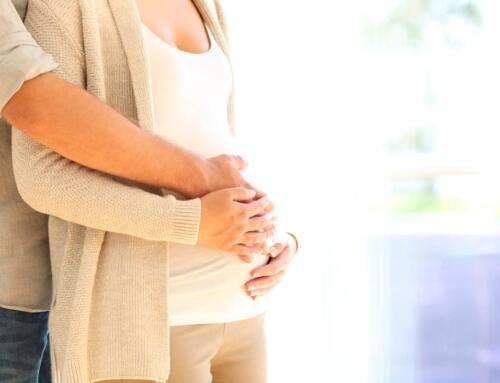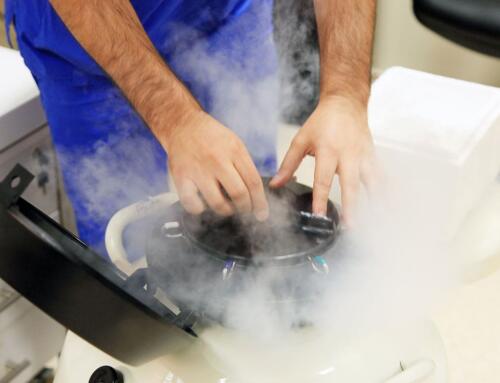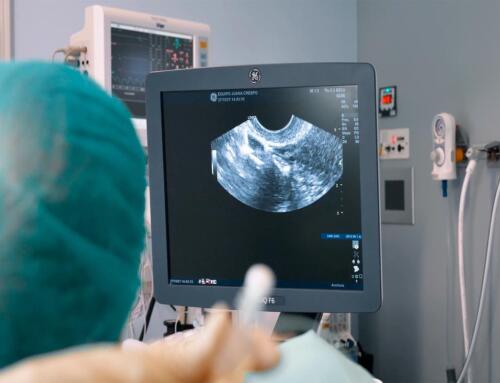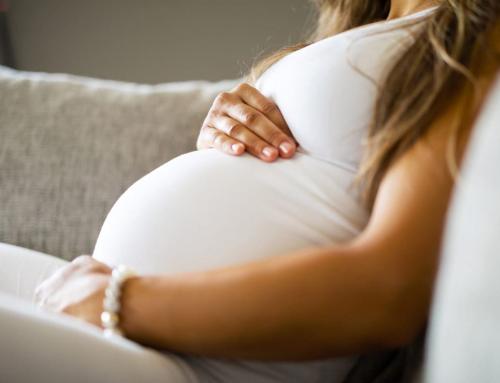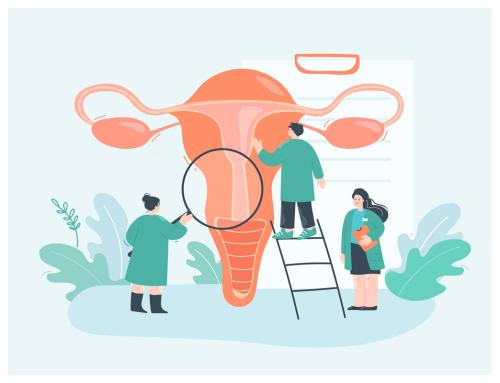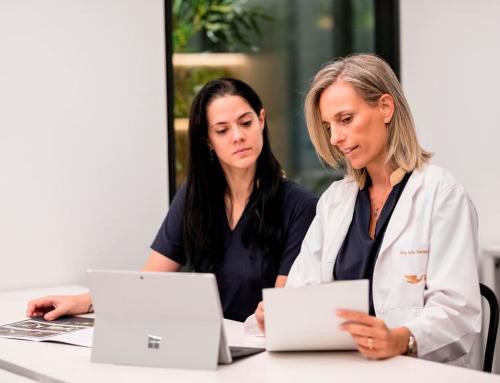Embryo transfer is the last step of in vitro fertilization (IVF) treatments.
It is also one of the phases that causes most concern to our patients.
Because although the procedure is relatively quick, simple and painless and is performed when the embryos are mature and ready to be deposited in the mother’s uterus, it is normal to have questions.
Mainly because after the embryo transfer, there is a waiting period until the pregnancy is confirmed (between 12 and 15 days) in which the uncertainty makes the woman wonder if she has to rest, how she should sleep, if she can continue with her normal life or if she should avoid certain foods.
From Juana Crespo we have compiled some recommendations on lifestyle and post embryo transfer care.
The after cares of embryo transfers and some frequently asked questions
Here are some tips to take care of yourself after an embryo transfer:
A peaceful lifestyle
Once the embryos are transferred into the patient’s uterus, the patient remains in our facilities in total rest for 20-30 minutes.
Afterwards, she is discharged and can go home.
In the following days, you can continue with your regular routine, although trying to lead a relaxed life and avoiding excessive efforts.
For example, you can drive, go to work and walk after an embryo transfer, but you should avoid sports such as swimming, running, spinning, aerobics, GAP or STEP, and activities that require overexertion or involve lifting weights.
Regarding how to sleep after embryo transfer, posture does not affect implantation, so there are no recommendations or restrictions in this regard.
And, of course, you should avoid situations that generate anxiety and nervousness.
During the beta wait (the period between the transfer and the result of the pregnancy test) it is normal to experience nervousness and uncertainty.
Having the support of family and friends can help you to reduce the emotional burden and to feel more accompanied and cared for.
Our team of professionals will also be at your side to advise you!
A healthy and balanced diet
After the embryo transfer, you can follow a balanced diet, eating all kinds of foods without excessive restrictions.
It is recommended to drink plenty of fluids to avoid dehydration and to control urination so that there is no excessive retention.
If constipation problems arise, we advise you to increase your intake of foods rich in fiber (whole grain bread, cereals, fruits with fiber such as kiwi, apple, pear, avocado, plum, strawberry or figs or vegetables such as spinach, artichokes, asparagus, etc.).
In addition, you should not consume alcohol or tobacco.
FAQS
What are the symptoms after an embryo transfer?
Some women may experience discomfort after an embryo transfer.
These symptoms are not always the same and do not affect all patients in the same way. In fact, they may not even show up at all.
Among them, we can highlight:
- Light bleeding.
- Fatigue.
- Nausea.
- Slight discomfort in the abdominal and lumbar area.
- Increase in the amount of vaginal discharge.
- Increased need to urinate.
- Breast changes due to hormones.
Can I have sexual intercourse after an embryo transfer?
Sexual activity does not have to be suppressed after embryo transfer, as long as there is no contraindication.
Is it possible to travel after an embryo transfer?
Caring after the embryo transfer basically consists of leading a relaxed lifestyle, but this does not imply giving up traveling or getaways.
In fact, you can use any means of transportation such as cars, planes or trains, without this having any repercussions on the process, neither because of the vibrations nor because of the altitude.
And can I bathe and shower as usual?
In the days following the embryo transfer you can take a shower, although it is recommended that you avoid immersion baths (bath, swimming pool or beach) to prevent infections.
It is possible to take baths and go to a spa, but you should always use progesterone ovules, at least two hours before, so that the medication can take effect.
You should also avoid saunas, tanning booths or prolonged sun exposure, since it is advisable to refrain from activities that increase body temperature.
Can I take medication after the embryo transfer?
Once you are released from our clinic, the gynecologist will tell you what medications to take to reduce the possible discomfort of the transfer.
In case of mild pain in the lower abdominal area or headache, the analgesic of choice is paracetamol, while anti-inflammatory drugs such as Ibuprofen are restricted except in specific situations.
When in doubt, always consult a doctor.



